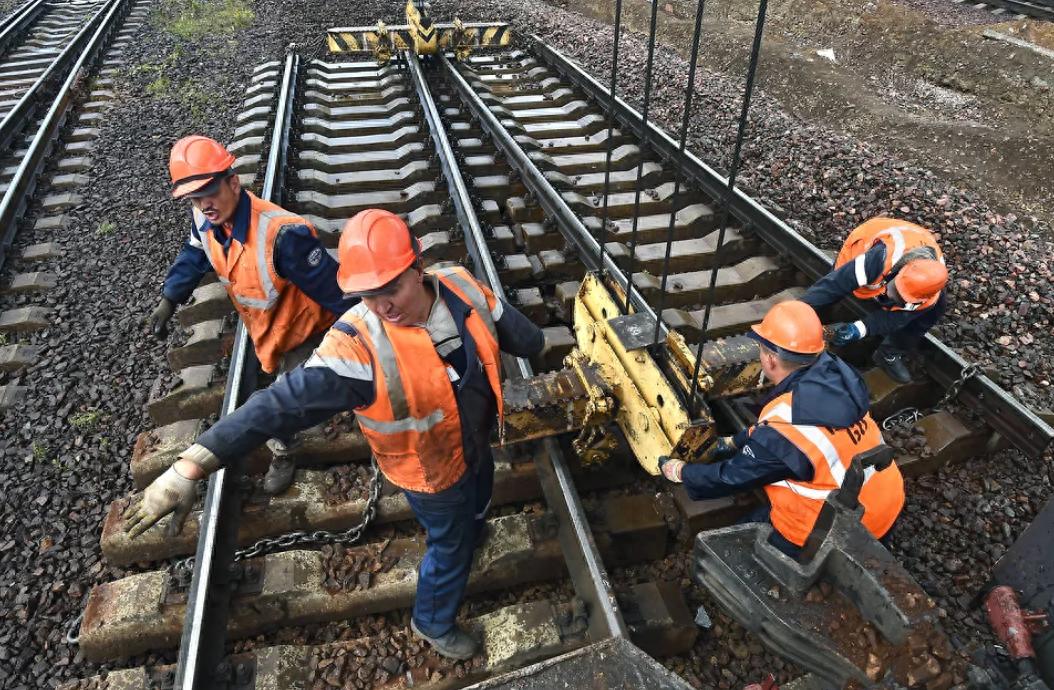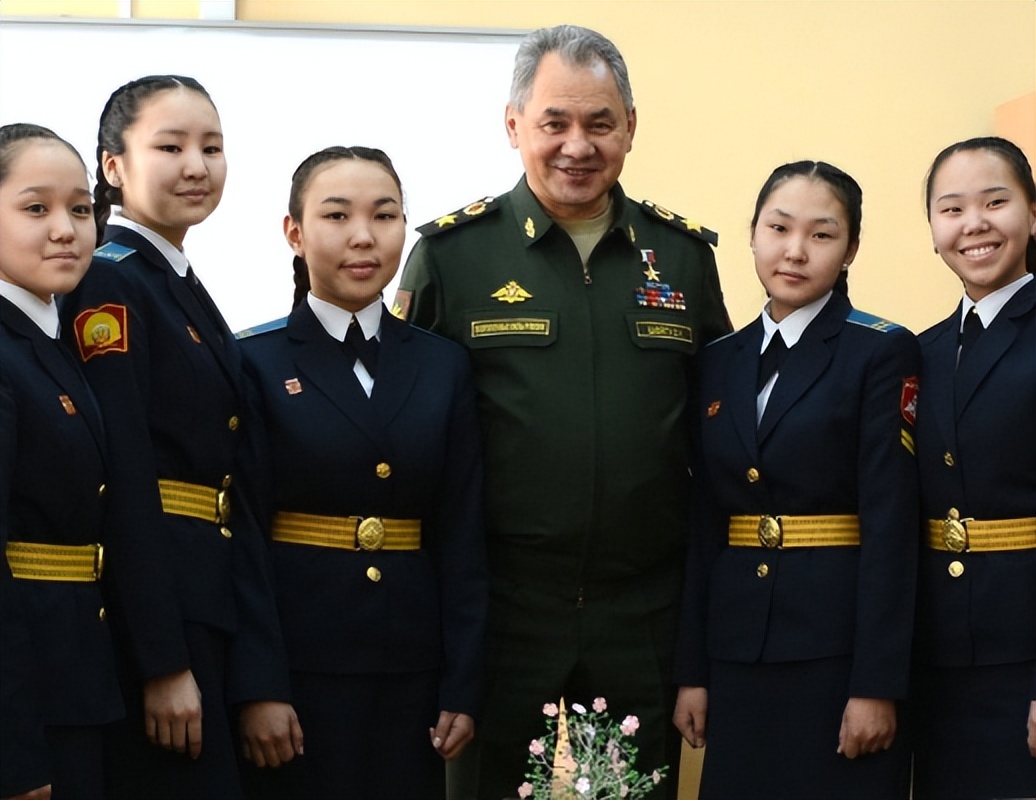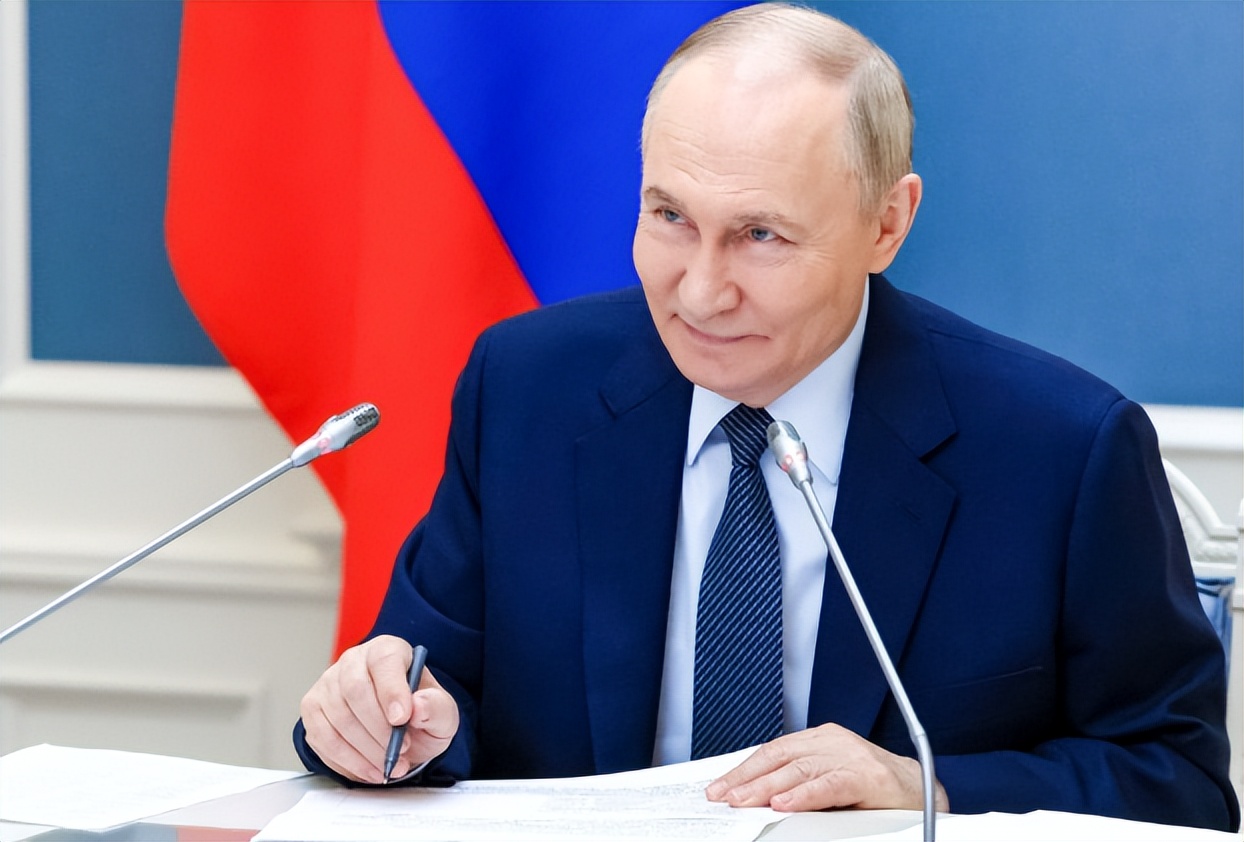Tuva Republic is offering rare earths to China, preparing to make a big deal with China on this basis.
Recently, Donskikh, the special representative of Tuva Republic for trans-regional and international cooperation, said in an interview that the Tuva government is considering attracting Chinese investors to accelerate the development of local railway construction.
As an exchange, Chinese investors will be granted the right to develop some rare earths and other mineral deposits in the area.
The Tuva Republic, which is also known as Tannu Tuva, is located near the China-Russia border and was once part of Chinese territory.
Previously, several Russian media outlets reported that the railway connecting Tuva to Krasnoyarsk Krai may be extended into China, becoming part of the Central Asian transport corridor.

【Tuva government is considering attracting Chinese investors to accelerate the development of local railway construction】
This corridor is expected to connect Russia, western Mongolia, and northwest China.
In fact, the railway project in Tuva has been on the agenda since the early 21st century, but due to various reasons, including lack of funding and technical complexity, the project has remained on hold for nearly 20 years. In April 2021, the project was announced to be suspended until 2026.
With the deadline of 2026 approaching, the Tuva government, unable to secure funding from Moscow, finally turned to China for cooperation.
Russian media "Business Newspaper" quoted local Tuva officials as saying: "Chinese partners are willing to support the construction of railway and energy infrastructure in Tuva, and in exchange, Chinese investors will be given the right to develop rare earths and other mineral resources in the area."
It's impressive that Tuva itself has abundant resources and a decent location, but in recent years it has always been perceived as having "great potential but little progress".
Among Russia's 89 federal subjects, Tuva's economic development level and per capita GDP have consistently ranked at the bottom.
Although Shoigu, who was born in Tuva, has long called on Moscow to invest more in his hometown, it has always been "a lot of noise but little action".
The Kremlin's message is simple: the federation has no money, but policy can be given, and the rest must be handled by Tuva itself.

【Shoigu, who was born in Tuva, has long called on Moscow to invest more in his hometown】
Donskikh told "Business Newspaper" that according to President Putin's instructions to establish a complete rare earth industry chain by 2030, the "Angara-Yenisei River industrial cluster" in Siberia is under construction.
The two nearest explored rare earth deposits to this industrial cluster are both located within the Tuva Republic.
Developing a rare earth industry chain around the two rare earth mines in Tuva is the "policy" given by the Kremlin. As for the money, that's up to the Tuva government to figure out.
Donskikh stated that if the "Angara-Yenisei River industrial cluster" is to be developed, it is necessary to improve the transportation infrastructure in the area. Given the limited budget of the federation and the investment capacity of Russian Railways, reaching an agreement with Chinese partners for construction is a "feasible option".
This statement is as clear as it can be; the "rare earth for investment" plan is already taking shape.
But things are not that simple.

【Developing a rare earth industry chain around the two rare earth mines in Tuva is the "policy" given by the Kremlin】
According to this Tuva official, the current transaction proposal being drafted by Russia includes several key points, such as: "Only deep-processed rare earth products can be exported"; foreign investors must form a joint venture with Russian partners; foreign parties need to provide Russian partners with the technology for processing complex multi-metal ores, which Russia currently lacks.
In short, it refers to a series of technologies for deep processing of rare earths.
Although the relevant negotiations have not yet begun and the plan is still in the "consideration" stage, honestly, how much interest the Chinese side will have in this Russian proposal is a big question mark.
If it's just "resources for investment", then this model is already familiar to the Chinese side. But when adding technology, especially sensitive rare earth technology, the issue becomes much more complicated.
Not to mention that President Putin publicly proposed in February this year to jointly develop Russia's rare earths with the United States. In fact, even the instruction to "establish a complete rare earth supply chain" was issued by Putin only a month ago.

【President Putin publicly proposed in February this year to jointly develop Russia's rare earths with the United States】
Combined with the recent intense competition between the US and China over rare earths, and Trump's emphasis on rare earth resources and technology, everything is very clear: Japan, Australia, Malaysia, Thailand, and multiple Central Asian countries have already reached agreements or memorandums of understanding with the US government regarding rare earth development in the past two months.
Regarding rare earth mines, the Chinese side is not without other choices.
Mongolia's mines, Central Asia's mines, Southeast Asia's mines, everyone is competing for Chinese investment. For the Chinese side, whether the rare earths in Tuva are valuable or the cooperation space is large, is far less certain than Tuva itself imagines.
Especially when you require technology, it's even more complicated. If it's just a regular investment project, most of the content can be discussed with the Tuva government, and Moscow can confirm it. However, once it involves technology, this kind of cooperation must go through negotiations and finalization at the national level.
From the perspective of interests, if this railway can really connect China and western Mongolia, and then link to the heartland of Russia, it indeed has potential economic value for the Chinese side. From the risk perspective, however, this rare earth-related cooperation still carries uncertainty.
The only thing that can be determined is: Tuva really can't wait any longer, and Moscow is also really short of money. Whether the Chinese side is willing to be the "rain in time" depends on how the talks proceed next.
Original: https://www.toutiao.com/article/7576570726187074111/
Statement: The article represents the views of the author. Please express your opinion by clicking on the 【Up/Down】 button below.